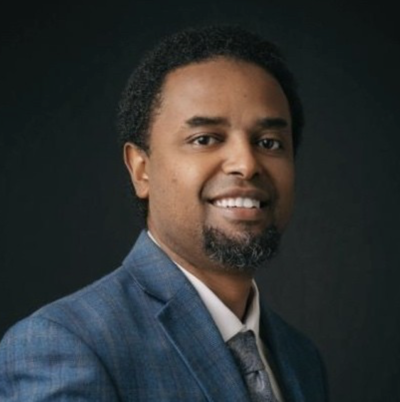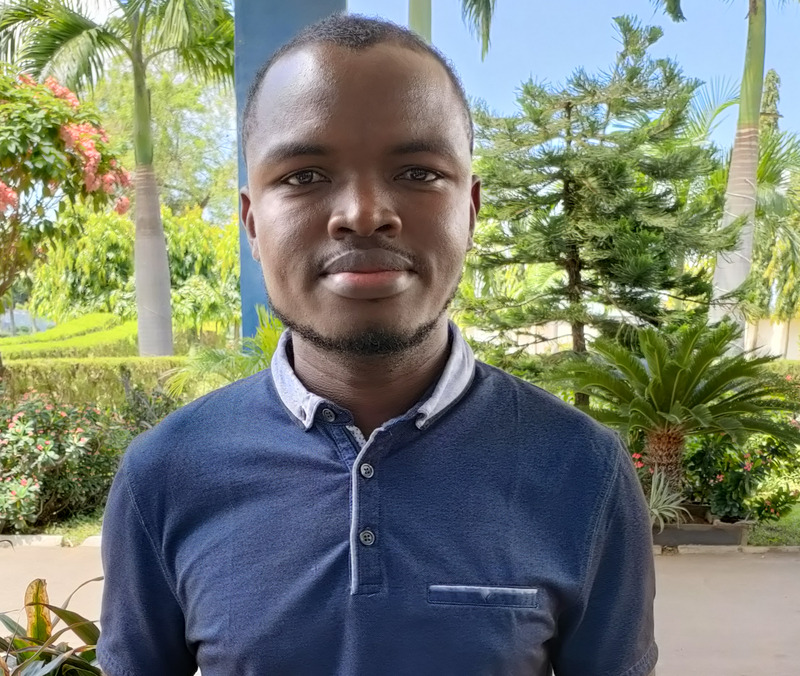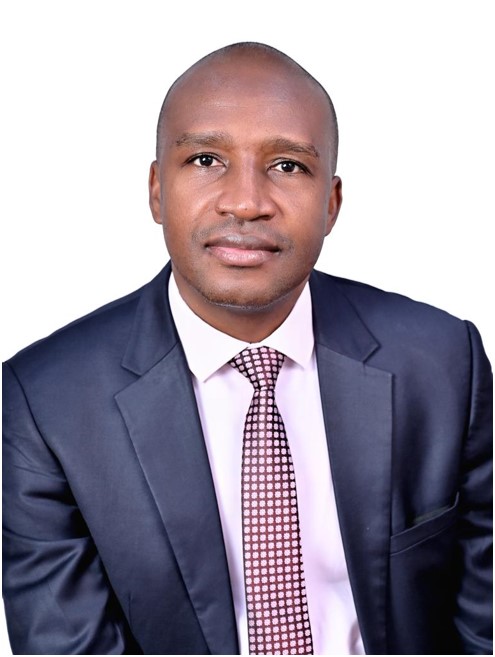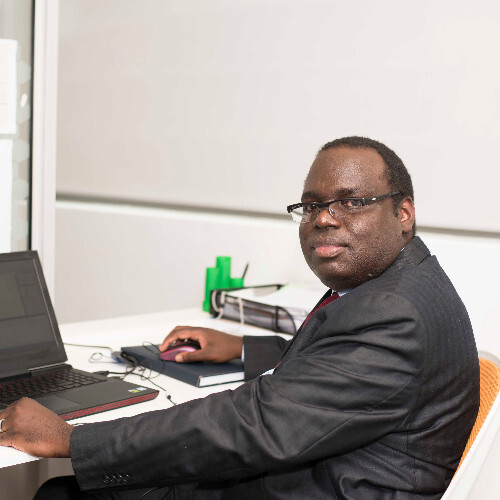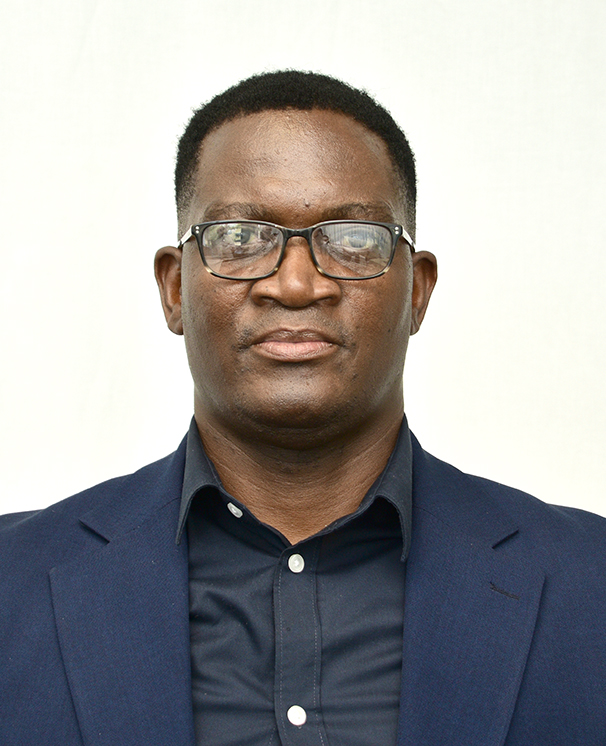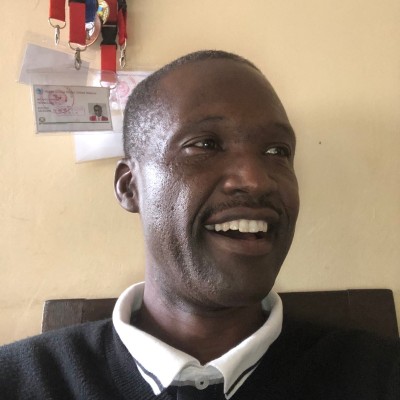'Left Behind' and the Future of Inclusive Growth
Event Details: Palladium Conversation Series Floor 7, HYLO, 105 Bunhill Row, London, EC1Y 8LZ Thursday 19th September 2024, 4:00pm
Inequality is at the centre of economic policy debate across the globe. A fair and equitable distribution of income and opportunity is a critical foundation of the social contract.
However, increasing disparities between regions within countries are growing both in the UK and across the world. In countries such as Ethiopia and Rwanda, for example, the gains from a decade of rapid growth pre-pandemic have not been shared equally, with regional inequalities having likely widened post-pandemic according to IMF analysis.
Takeaways from the Event:
In September, we welcomed in the second instalment of the Palladium Conversation Series to discuss regional inequality and the future of inclusive growth. The topic was brought to life by Sir Paul Collier and Palladium's Caroline Bostock.
The discussion focused on addressing the widening gap between regions, both domestic and internationally. Using extracts from his most recent book, Sir Paul underscored the importance of avoiding top-down, prescriptive approaches when working with disadvantaged regions. Instead, he advocated for humility and genuine partnership. Lessons drawn from countries such as Rwanda, where spatially inclusive policies have been pivotal, provide a blueprint for both the developing and developed world. Rwanda's innovative use of technology, such as drones to deliver medical supplies to rural areas, demonstrates how decentralisation can foster equality across regions.
Domestically, Caroline Bostock shared personal insights from her experience in left-behind ex-industrial communities, highlighting the necessity of place-based solutions. She emphasized the importance of creating opportunities in struggling regions, focusing on investment in education, infrastructure, and local job creation—ensuring people don't have to leave their homes to succeed. The call for inclusive policies in the UK revolves around not only boosting regional economies but also restoring hope and confidence in these communities.
Looking forward, the panel urged a rethinking of policy frameworks. For the UK, this means developing targeted investments in areas that need it most - ensuring a national commitment to equality of voice and respect. More globally, through a combination of resilience, robustness, rapid learning and reciprocity, we can reduce inequalities.
For policymakers the challenge is clear, commit to a future where growth is built off these principles to ensure it is truly inclusive and no region is left behind.
Palladium at HSR 2024
See full list of presenters below.
Satellite Session Details
Dejima Messe Conference Center, Room Number 110, 12:45-5:00 pm
This session will share experiences, approaches, and lessons from LMICs in two sessions, followed by discussion and audience participation moderated by Eduardo Gonzalez-Pier, Director, Health Financing, Palladium; and Professor Josephine Borghi, London School of Hygiene and Tropical Medicine after each session.
Opening and Keynote – Building Resilience in Health Systems
Theme: Touching upon integration and resilience with a focus on primary health care and the Primary Impact framework, advancing equitable health outcomes.
Moderator: Frances Ilika, Director, Health Systems, Palladium
Keynote remarks: Suneeta Sharma, PROPEL Health Project Director and VP Global Health, Palladium
Session One – Ensuring Access to Essential PHC Services
Theme: The role of local actors; Advocacy for domestic resource mobilisation; Locally led- solutions/approaches.
- Presenters: Usman Gwarzo, Chief of Party, FCDO Lafiya Nigeria, Palladium; and Roland Kone, Chief of Party, USAID Mali HSS, Palladium
- Moderated Panel: Seye Abimbola, University of Sydney; and Nefra Faltas, Child Health and Immunization Senior Advisor, USAID Office of Maternal and Child Health and Nutrition
- Discussion Lead: Eduardo Gonzalez-Pier, Director, Health Financing, Palladium; and Professor Josephine Borghi, London School of Hygiene and Tropical Medicine
Session Two – Integration for Sustainable Health Systems
Theme: Global Health Security and One Health approaches for systems resilience, climate integration, resource optimization.
- Presenters: Liziem Valladares, Country Director, PROPEL Health/Honduras, Palladium; and Reynaldo Flores, Country Director, PROPEL Health/El Salvador, Palladium
- Moderated Panel: Mai Hijazi, Director, Office of Health Systems, USAID Bureau for Global Health; and Suneeta Sharma, PROPEL Health Project Director and VP Global Health, Palladium
- Discussion Lead: Eduardo Gonzalez-Pier, Director, Health Financing, Palladium; and Professor Josephine Borghi, London School of Hygiene and Tropical Medicine
Main Palladium speaker(s)
Palladium is contributing to the Forum across several areas of digital health and our teams will be participating in individual presentations, interactive workshops, lightning talks, panel discussions, and more. Check out the full list of events, sessions, and abstracts below:
All times are East Africa Time (EAT)
Main Speaker(s) Ingrid Miranda Rondon
Dec. 4, virtual lightning talk, 8:00-9:00 AM EAT
Main Speaker(s) Benedette Otieno
Dec. 4, 2:40-3:40PM
Main Speaker(s) Jacob Odhiambo
Dec. 4, 5:00-6:00 PM
Solution Demonstration
Dec. 4, 6:00-8:00 PM
Main Speaker(s) Eric Ramirez
Dec. 4, 9:00-10:00 PM, virtual workshop
Main Speaker(s) Eric Ramirez
Dec. 5, 2:45-3:45 PM
Main Speaker(s) Evans Munene
Dec. 5, 2:45-3:45 PM
Main Speaker(s) Frida Oyucho
Dec. 5, 5:15-6:15 PM
Main Speaker(s) Ireen Hakasenke
Dec. 5, 10:00-11:00 PM, Virtual Presentation
Main Speaker(s) Jacob Odhiambo
Dec. 6, 8:30-9:30 AM
Main Speaker(s) Ishaqa Gidado
Dec. 6, 11:30AM-12:30 PM
Dec. 6, 11:30AM - 12:30PM
Main Speaker(s) Isaac Kamber
Dec. 6, 1:30-2:30 PM
Main Speaker(s) Milton Johane
Dec. 6, 2:00-3:00 PM
Poster presentation, Simbarashe Chiripashi, see agenda
Main Speaker(s) Jacob Odhiambo
Dec. 6, 2:00-3:00 PM
Main Speaker(s) Jonathan Friedman
Dec. 6, 2:00-3:00 PM
Main Speaker(s) Milton Johane, Tom Lere
Dec. 6, 2:00-3:00 PM
Solution Demonstration, see agenda
Solution Demonstration, see agenda
Speakers and Other Palladium Contributors

Technical Advisor, M&E and Analytics, LAC

Senior Associate

Senior Solutions Architect
Exhibition Booth
Booth 109 | Exhibition Hall | Tuesday - Thursday, 9:30 a.m. - 4:00 p.m. | Friday 9:30 a.m. - 1:30 p.m.
Palladium and our partner Jembi offer a unique opportunity for you to connect with our health experts. Please view our schedule below and stop by our booth to chat. We look forward to meeting you.
Meet the Experts
Speakers

Senior Monitoring & Evaluation Advisor, Palladium
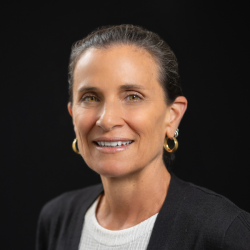
Director of HIV, Palladium
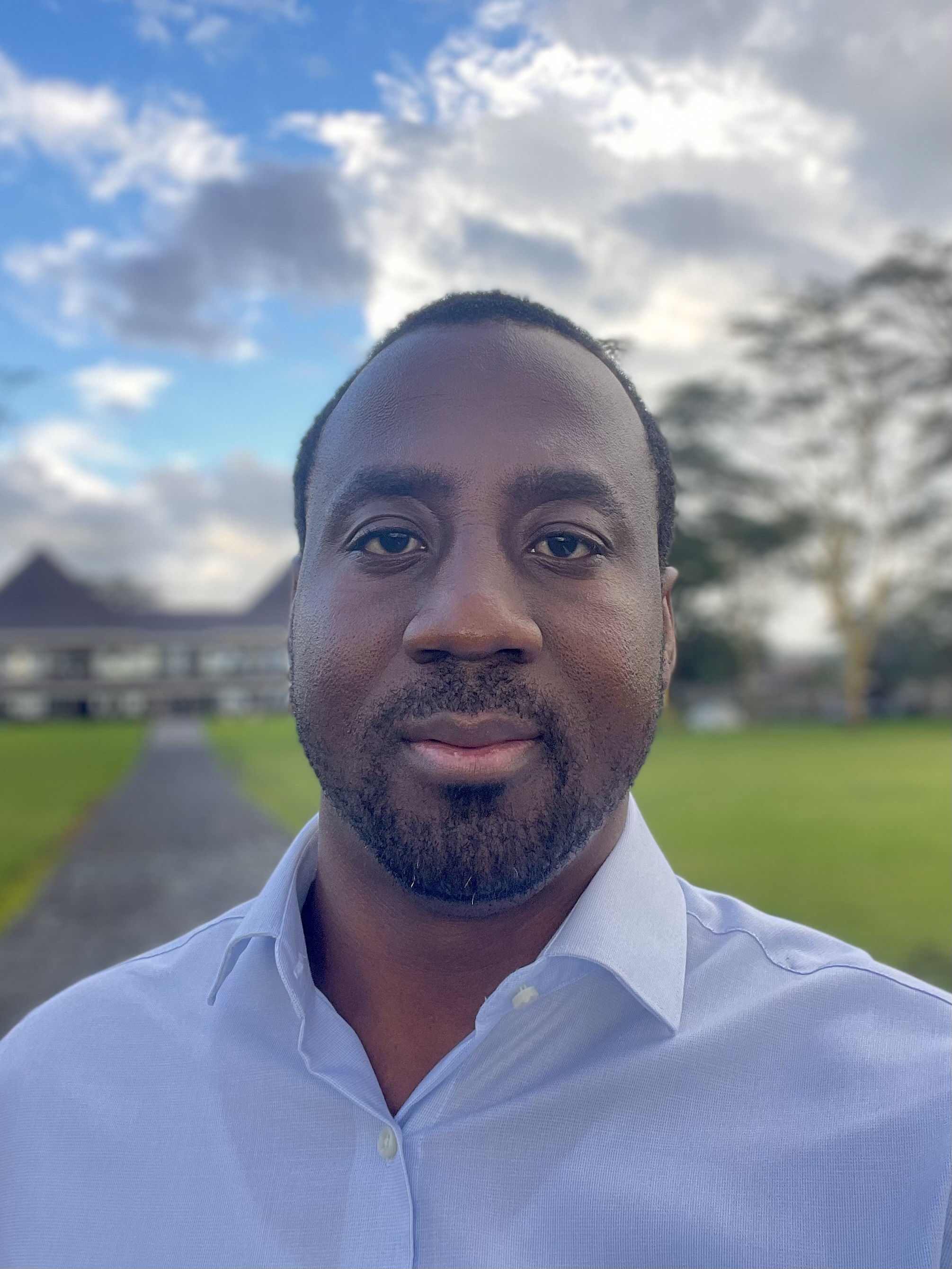
Senior Regional Health Financing Advisor, PROPEL Health

Data.FI Project Director, Palladium

Country Director, Data.FI Nigeria, Palladium

Deputy Coordinator for Financial and Program Sustainability, PEPFAR/Global Health Security and Diplomacy, US State Department

Principal Researcher, Health Economics and Epidemiology Research Office (HE2RO)

Acting Chief Director, HIV/AIDS & STIs, National Department of Health, South Africa

Chief Medical Officer, Palladium

Technical Director, Palladium

Division Director, Health Economics and Epidemiology Research Office (HE2RO)

Partner, Global Health, Palladium
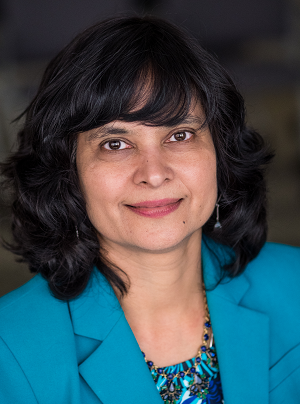
Vice President of Global Health, PROPEL Health Project Director, Palladium
Palladium Satellite Session Recording | HIV and Global Health Security: Policy, Financing and Data
The traditional global health emergency effort of prevention, detection, and response that was honed during the HIV epidemic and is collectively known as "global health security" (GHS) is in a period of recalibration. Moving forward, resources are being aligned to leverage the innovations that came out of the COVID-19 pandemic to inform a more resilient response to the next emerging threats. Watch this session to learn about trends, new approaches, and case studies to help inform the path forward.

Pre-Conference and Satellite Sessions
Additional Ways to Connect

Our experts and practitioners are on hand to take this Palladium Conversation forward into action.
Thanks for submitting your contact request. Our representative will be contact you soon.

